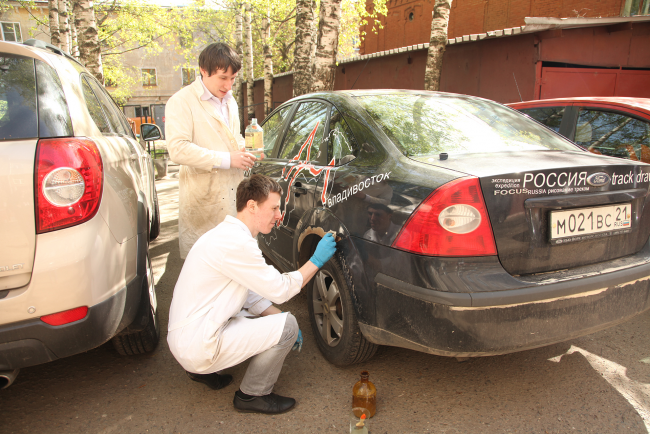Despite its strengths steel has one significant drawback - it rusts, i.e. undergoes a corrosion process in some period of time.
Even products protected from corrosion are covered with rust over time, which spoils the appearance of goods, and can also significantly affect the functional properties of various units.
At the moment, the most common ways to remove rust from the surface are: mechanical abrasion and etching. These methods are rather effort consuming and require special equipment. In addition some part of metal surface is removed together with rust; and in case of etching acid fogs are formed, and there is a need for disposal of waste water that is formed as a result of washing metal parts after acid etching.
An alternative way to treat surface of metal parts and structures that have undergone corrosion is using of rust converters.
Rust converters (corrosion modifiers) are means to prepare surface of products for painting without preliminary removal of corrosion products.
Scientists of Vyatka State University are developing a composition that will be able to react selectively with rust without interacting with metal surface. In this case as a result of this process a protective layer will be formed, which prevents further destruction of metal itself. This can be achieved through the use of complexing agents and corrosion inhibitors. The resulting layer has a high porosity and is firmly connected to the surface of a product; that makes it possible to paint it without a preliminary primer.
A feature of the composition developed by VyatSU scientists is the possibility of cleaning not only from fresh rust, but also from deep layers formed during long-term corrosion.
A new corrosion modifier is planned to be used to remove rust from building metal structures, pipes, water pipes, agricultural machinery, railway and motor vehicles and any metal products used in cold or moderate climates.

